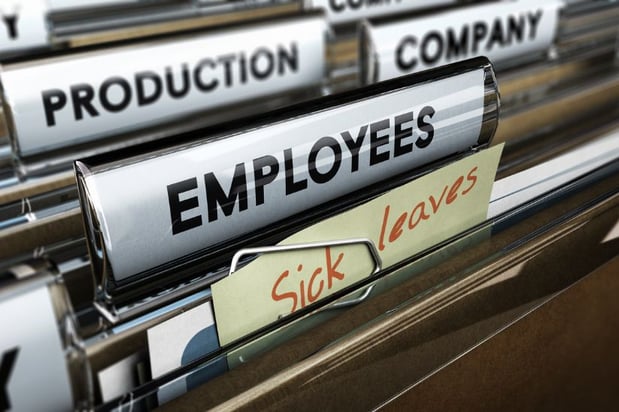If you want to attend rehab but are afraid you’ll lose your job, then here’s some good news for you: you can secure your position.
While you might think that letting an employer know about your addiction would paint you as unreliable, the reality is the fact that you want to get help says a lot more about you. It shows you’re committed to overcoming problems in your life and you’re willing to do whatever it takes to do it.
Your Employer Needs You To
About 77 percent of the estimated 20 million substance abusers in America are actively employed, according to Narcotics Anonymous. And since alcohol and drug abuse is known to significantly affect an individual’s judgment and motor coordination, work productivity is considerably affected by it.
When it comes to holding down a job, the bottom line is for you to do your tasks properly. So in many cases, employers strive to keep employees who do well and would gladly allow time off for rehab when it’s needed. After all, even the best functioning addicts end up struggling with poor judgment, missed deadlines and absences from work, which can only worsen and negatively affect their business overtime. Going to rehab provides your employer reassurance that you’re tackling the problem at hand and your functioning will be optimized in the near future.
Asking for Time Off
Approaching your employer about your substance abuse issues may seem daunting, but the sooner you do it the better. You may have been very good at hiding your problems from colleagues, but it is important to know that the problem will only escalate once they notice the signs or see changes in your behavior.
It may also help to know that the medical world treats addiction as a disease. So the moment you realize that you have a problem, you should be able to seek treatment—as you would for other chronic diseases like cancer or diabetes—and then return to work once you’re better.
If you are concerned about soiling your reputation, you can opt for a leave of absence from work or utilize any accrued vacation time. The benefit of this is that you do not have to give your employer specific reasons for your absence. When you get treated early and opt for the most appropriate treatment regimen, it may make it easier to protect your privacy as you save your health and career.
Know Your Rights
While most users worry about what their employers will think about them or whether their jobs will still be there when they return, such questions can worry many people into inaction. These concerns are justified, but you must understand that what’s standing between you and career success isn’t rehab; it’s your addiction.
You should definitely be worried if you don’t get help and your work quality noticeably declines, but those who take courage to seek help are protected by the following U.S. laws:
The Americans with Disabilities Act
This law protects against discrimination arising from illnesses or disability. Alcoholism is regarded as a disability under this act.
The Family and Medical Leave Act
This law obliges employers to provide their employees with at least 12 weeks of paid or unpaid leave annually. Employees should have a legitimate health reason for asking for this time off. Fortunately, drug rehabilitation qualifies as a legitimate health reason.
So go ahead and set up a meeting with your boss about getting treatment. Feel free to be honest and open. He or she will likely affirm your choice to get help and in the process, you may set an example to others who are still risking their careers and their lives while in hiding.
If you or someone you know is seeking help for addiction, please visit our directory of treatment centers or call 866-606-0182 to start the path to recovery today.







